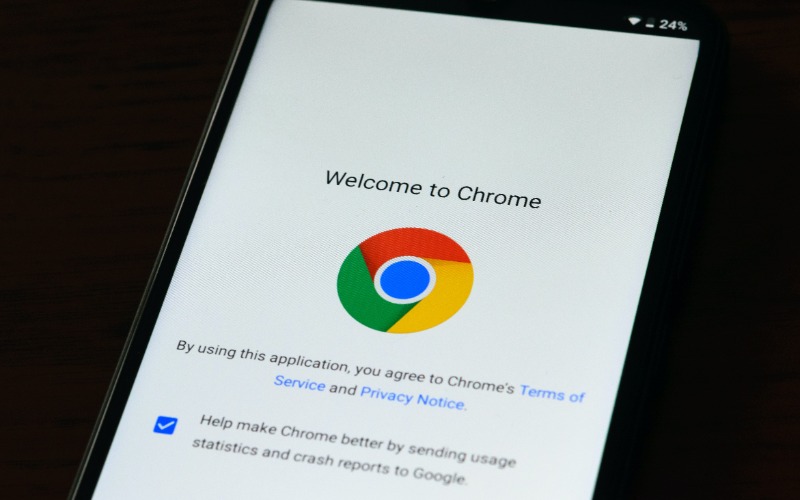This week has seen a lot of developments across various tech sectors, from new changes for the Google Chrome search bar, Amazon soon testing drones to deliver prescriptions, cybersecurity concerns for Kansas courts computer systems, and more.
New Changes for the Google Chrome Search Bar
Google has introduced a range of new tech features to enhance the address bar of the Chrome web browser. The update includes improved autocomplete accuracy and better suggestions for both the desktop and mobile versions of the browser.
The improved autocomplete function now recognizes complete URLs. Previously, Chrome only detected URLs if users typed the initial letters correctly.
Additionally, Chrome will identify misspelled words in the URL and provide users with the correct options in the dropdown menu. This feature is available on Android, iOS, and desktop versions.
The new update also allows Chrome to recommend popular websites based on the keywords entered in the address bar, even if users have never visited those sites before.

Amazon Will Soon Test Drones To Deliver Prescriptions
Amazon will soon join the many companies experimenting with drone deliveries for prescription drugs. On Oct. 18, the company announced customers in College Station, Texas, can now receive their prescriptions via drone within an hour of ordering.
These drones are programmed to take off from secure pharmacy delivery centers and fly directly to the customer’s location. Upon arrival, the drone tech descends to approximately four meters and drops off a padded package containing the medication.
Amazon offers a selection of more than 500 medications, covering common treatments for illnesses such as flu or pneumonia. However, controlled substances are not included in the available options.
Cybersecurity Concerns for Kansas Court’s Computer Systems
For nearly a week, computer systems across most of Kansas’ courts have been offline due to what officials say is a “security incident.” As of Oct. 17, judicial branch representatives could not determine the full extent of the problem or provide an estimate for when the computer systems would be back online.
The issue has impacted the acceptance of electronic filings, payment processes, case management, public access to records, electronic filing for protection-from-abuse orders, and permission of electronic applications for marriage licenses.

New Massive Solar Panel Plant Opens in Georgia
A large-scale solar panel factory in Georgia, owned by a South Korean company called Qcells, has begun production after a $208 million investment.
On Oct. 18, Qcells announced that its two-factory can produce solar panels that generate 5.1 gigawatts of power annually. The company’s new tech facility is said to be the largest solar investment in American history, meaning a huge step toward becoming a global and U.S. leader in solar manufacturing.
Thanks to the #IRA & the efforts of Georgia's economic development team, our ambitious vision has become a reality, creating thousands of opportunities in the clean energy sector.
— Qcells North America (@Qcells_NA) October 18, 2023
Read the news: https://t.co/GdnsG6sQ43
X Issues $1 Fee for New Users to Reduce Spam
On Oct. 17, X introduced a new subscription method called “Not A Bot.” With this new approach, X users in the Philippines and New Zealand must now pay a yearly registration fee of $1 to access the site. This change, announced in a statement by the company, aims to reduce the issue of fake accounts and bots on the platform.
Under this new system, users who do not subscribe will have limited usage and only be allowed to read or view posts and follow accounts. Existing users won’t be impacted at this time.
Starting today, we're testing a new program (Not A Bot) in New Zealand and the Philippines. New, unverified accounts will be required to sign up for a $1 annual subscription to be able to post & interact with other posts. Within this test, existing users are not affected.
— Support (@Support) October 17, 2023
This…











